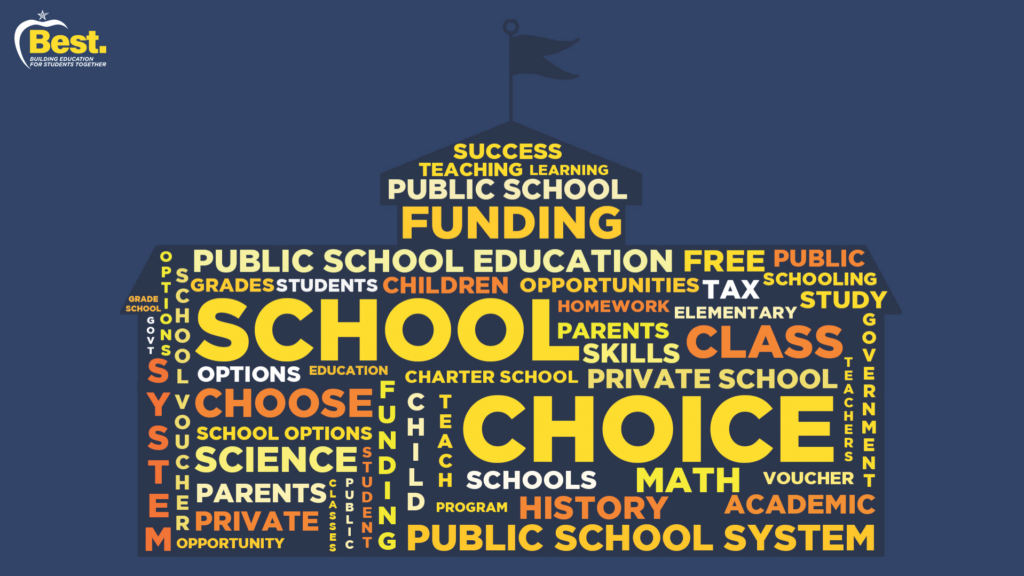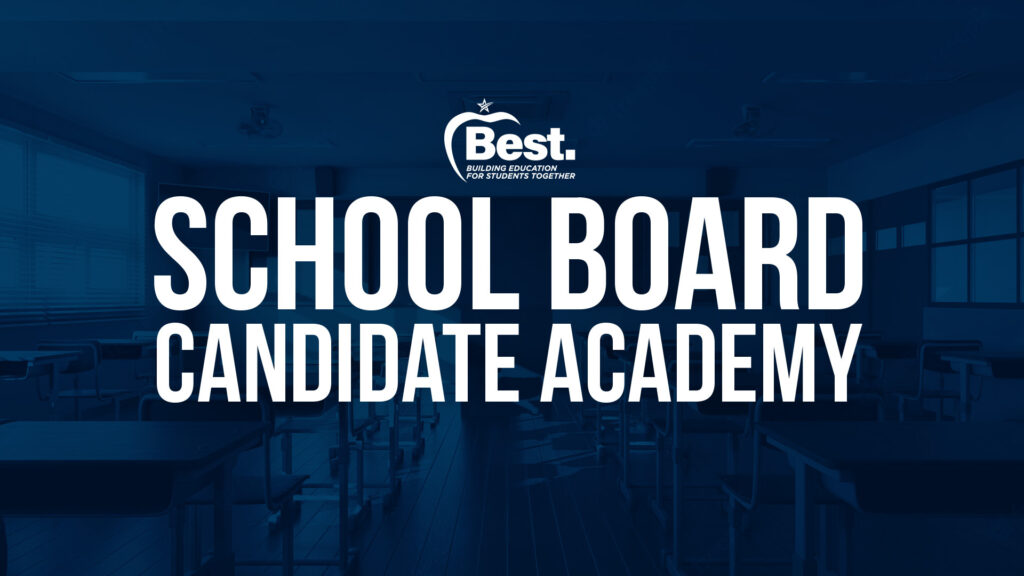Why Parents Must Demand School Choice
Imagine your child’s learning environment is a place where they don’t feel safe. They are harassed and bullied by other students. The facilities heating and air conditioning only work 50 percent of the time. Only one entrance is open and each student must pass through a magnetometer. Some teachers call them stupid and embarrass them in front of their classmates. Think this is an imaginary tale? Think again!
Thousands of children are exposed to learning environments that exude hostility. Many institutions are identified as poor performance and this has become the expected norm. No wonder so many parents feel helpless. What can they do? Where can they go? Do you think school choice might, just might be a solution?
There is good and bad in everything, Including the recent pandemic. One of the benefits of the recent school closures is parents are seeing for themselves what their children are being taught. Children have been forced to work at home on technical devices, many provided by the schools, where parents see assignments and interactions via online apps such as Zoom, G-Suite or Blackboard. I’ve read many articles where parents have declared they are stunned and horrified
because they were unaware of what their children are being taught. They view the biased course material as radical indoctrination, especially on controversial topics that run counter to their belief systems. Increasing numbers of parents are questioning the importance and relevance of many of these courses, especially as they relate to acquiring skills that transition to the workplace. Parents are waking up to the curriculum their children are exposed to–and this is a major reason parents must pay attention.
Because we are a nation of individuals, we appreciate and seek out choices in many aspects of our lives. Many of us choose where to live, what to eat, whom to marry and what car to drive. Many of us don’t think twice about these aspects of life because we live in a nation where we are free to make choices that support and benefit our families, communities, and selves.
Yet, the reality is a sizable part of the population doesn’t relish the same volume or array of choices. Some are held captive to their circumstances. Others can attribute where they are at any given moment to their poor decision-making or lack of information and understanding. Having stated the obvious, regardless of one’s situation, most of us agree that education is vital to a flourishing economy and society. As Benjamin Franklin once said, “It is in the region of ignorance that tyranny begins.”
Let me be clear. I’m not here to advocate that all children attend one particular educational institution or type of school. That would be a monopoly. However, all parents should be informed and understand children thrive in differing environments. Parents must lead the effort to know what options are available when deciding which educational environment best meets the needs of their children.
This is why parents must support school choice. They need to know their child is safe and is learning what’s necessary to succeed in the workplace. Of course, school choice is no miracle cure and children will always make some poor choices but being in the right school will help them have the ability to get back up and understand failure is a learning opportunity.
Every citizen should have opportunities–but opportunity doesn’t come to those who aren’t constructive or active. Parents must become aware of the choices their state affords when it comes to education. During the month of January, supporters of National School Choice Week make great efforts to do just that: inform parents that they have options when it comes to educating their children.
Dr. Karen Hiltz served in the U.S. Navy and served on school boards in Virginia. She wrote “The Case for Choice: One Size Fits All, An Outdated Education Model for the 21st Century” and “The Apple Report: Diary of a Public School Board Member.” Currently living in Sebastian, Florida, Dr. Hiltz speaks on education.




